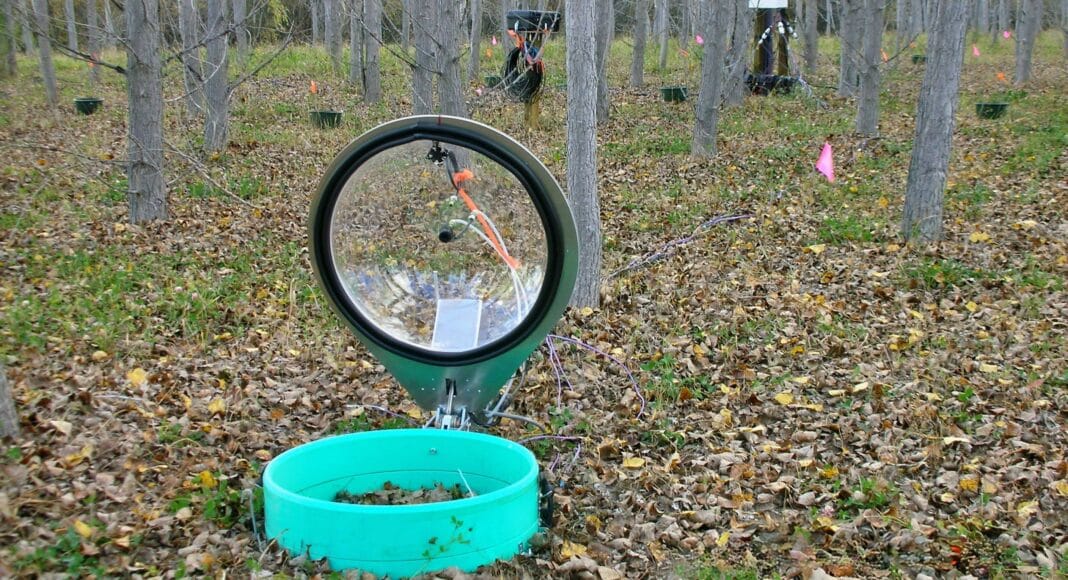The following piece is from our sister publication, the Alberta Seed Guide.
A new study from the University of Alberta (U of A) is showing how pulp mill waste destined for the landfill could instead be used as organic fertilizer to help reduce the environmental impact of using conventional fertilizers while improving soil and tree growth, a Dec. 4 news release said.
The two-year study of a hybrid poplar tree plantation in northern Alberta showed that compared with using conventional fertilizers alone, adding biosolids — wood and other fibres left over from pulp and paper production — reduced harmful greenhouse gas emissions from the soil, the release noted.
Conventional fertilizer, containing industrially produced urea, has been shown to stimulate nitrous oxide, a major contributor to global warming. Though pulp mill biosolids are generally rich in organic content and low in toxicity, it wasn’t known how they might also have an effect, Scott Chang, the study’s lead author and a professor in the U of A Faculty of Agricultural, Life & Environmental Sciences, said in the release.
Combining biosolids and conventional fertilizer also improved soil fertility, the study showed. The findings provide new insight into what effect biosolids could have if they were redirected for use on tree plantations that feed the forest industry.
The results of the study show the potential for developing a “win-win strategy” in managing pulp mill waste, Chang noted.
“Repurposing biosolids as an organic fertilizer, which may help reduce greenhouse gas emissions, could improve the sustainability of the pulp and paper industry.”
Related Articles
Testing New Fertilizer Technology on P.E.I. Potatoes











